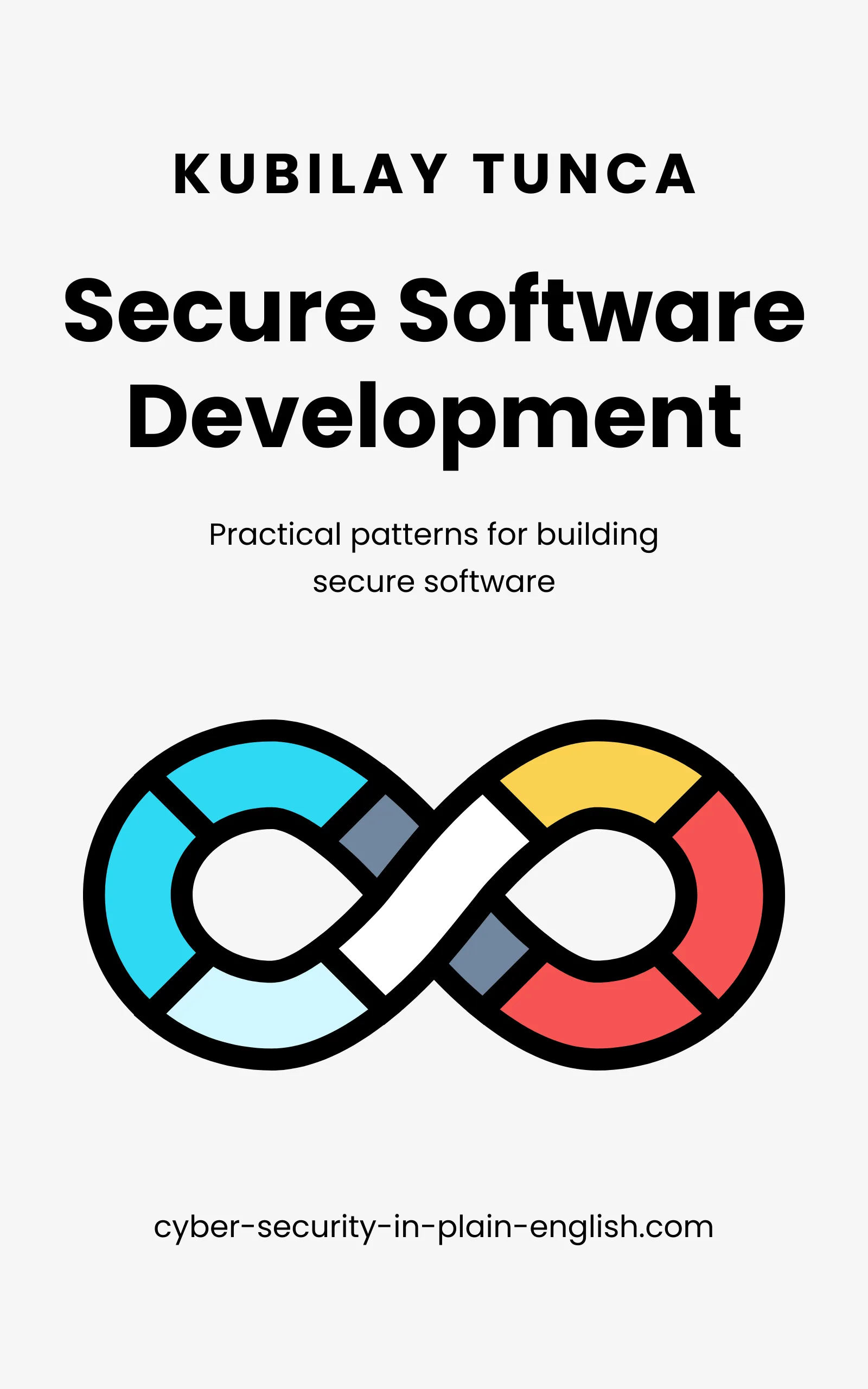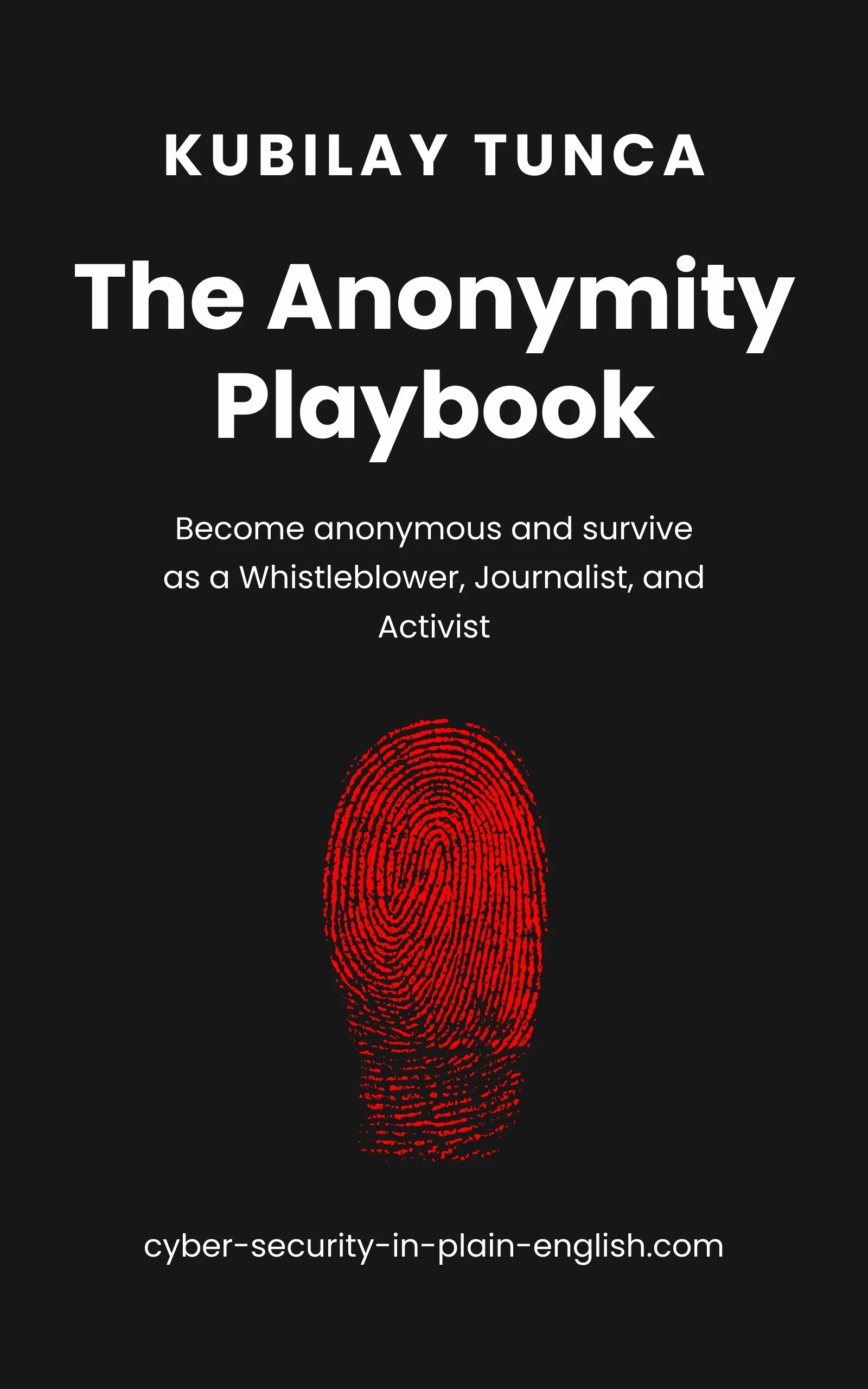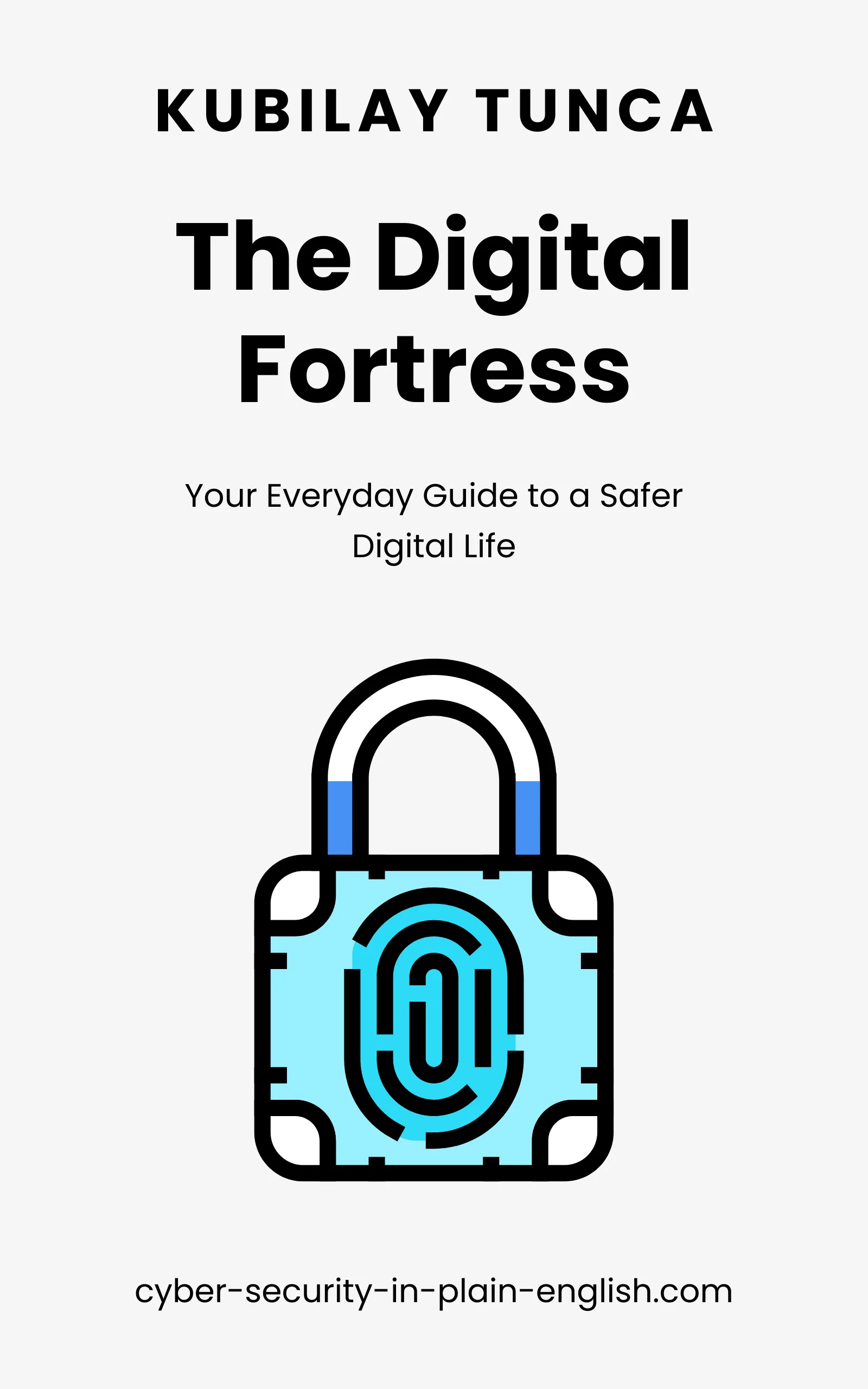Published
- 6 min read
The Importance of Cybersecurity Awareness for the Average Internet User

How to Write, Ship, and Maintain Code Without Shipping Vulnerabilities
A hands-on security guide for developers and IT professionals who ship real software. Build, deploy, and maintain secure systems without slowing down or drowning in theory.
Buy the book now
Practical Digital Survival for Whistleblowers, Journalists, and Activists
A practical guide to digital anonymity for people who can’t afford to be identified. Designed for whistleblowers, journalists, and activists operating under real-world risk.
Buy the book now
The Digital Fortress: How to Stay Safe Online
A simple, no-jargon guide to protecting your digital life from everyday threats. Learn how to secure your accounts, devices, and privacy with practical steps anyone can follow.
Buy the book nowThe Importance of Cybersecurity Awareness for the Average Internet User
Introduction
We often think of cybersecurity as something only tech experts need to worry about. But in reality, cybersecurity is something every internet user should be aware of. With the rise in cyber threats targeting everyone, from big businesses to individual users, it’s more important than ever for people to understand basic cybersecurity principles.
By knowing the risks and learning a few straightforward practices, we can all reduce our chances of falling victim to online threats. This article explores why cybersecurity awareness matters for everyone and gives a few practical tips to help protect yourself online.
Why Cybersecurity Awareness Matters
Every time we go online, we interact with a world of digital information. From online shopping and banking to social media, the internet holds a huge amount of our personal data. This makes it a prime target for cybercriminals who want to steal information, cause disruptions, or manipulate people into revealing sensitive details. By understanding common cyber risks, you can make better choices about where and how you share your information.
Staying aware of cybersecurity isn’t about getting technical. It’s about knowing enough to protect your online life—just as you lock your doors at home or protect your wallet in public. Here are some key reasons why cybersecurity awareness is essential:
- Protection of Personal Information: In a time when data is as valuable as currency, keeping personal information safe is crucial. When attackers steal data, it can lead to identity theft, financial losses, and emotional distress.
- Preventing Financial Losses: Many cyber attacks are financially motivated, from phishing scams that steal credit card details to ransomware attacks that lock people out of their data until a payment is made. Cyber awareness helps users recognize and avoid these traps.
- Online Privacy Control: Knowing how to control your online privacy settings and understanding who can access your data helps prevent oversharing and limits the amount of information available to third parties and potential attackers.
Common Cybersecurity Risks Everyone Should Know About
Understanding the risks that exist in today’s digital environment can go a long way in staying safe online. Some common cybersecurity risks include malware, phishing, and data breaches. Malware, for example, is software designed to harm your device or steal your information. It can be hidden in links, email attachments, or even legitimate-looking apps.
Phishing scams are attempts by cybercriminals to trick you into giving away personal information, like passwords or credit card details. These scams often come in the form of fake emails or messages that look like they’re from trusted companies, such as your bank or favorite online store. Being aware of what phishing looks like—and knowing how to verify suspicious messages—can prevent you from falling into these traps.
Lastly, data breaches occur when attackers break into a system and steal large amounts of data. Often, this data is then sold on the dark web, leading to cases of identity theft and fraud for anyone affected. While we can’t control all data breaches, staying vigilant about where you share personal data can help reduce your exposure.
Cyber Hygiene: Simple Steps to Stay Safe Online
Practicing good “cyber hygiene” means taking regular steps to keep your digital life secure. This doesn’t have to be complicated, and the impact of even small actions can be significant.
One of the simplest things you can do is to create strong, unique passwords for each of your accounts. Avoid using easily guessed passwords like “123456” or “password.” Instead, use a combination of letters, numbers, and symbols, and consider using a password manager to help you store and create unique passwords. This prevents a hacker from accessing multiple accounts just because they cracked one password.
Another key practice is enabling two-factor authentication (2FA) on your accounts. 2FA adds an extra layer of security by requiring not just your password, but also a second form of verification, such as a text message code or authentication app. This way, even if someone has your password, they won’t be able to access your account without the second form of identification.
Updating your software regularly is also essential. Software updates often include security patches that fix vulnerabilities cybercriminals could exploit. Many devices and apps allow you to enable automatic updates, so you don’t have to remember to check manually.
Finally, exercise caution on public Wi-Fi. While public Wi-Fi is convenient, it is often less secure than private networks, making it easier for hackers to intercept your information. If you need to use public Wi-Fi, avoid logging into sensitive accounts or, even better, use a Virtual Private Network (VPN) to add a layer of security.
Building a Habit of Cyber Awareness
Cybersecurity isn’t just a one-time checklist—it’s an ongoing habit. Here are some ways you can stay informed and build your awareness over time:
- Stay Updated on Current Threats: Cybersecurity threats evolve constantly, so it’s helpful to stay informed about the latest tactics hackers are using. Following a reliable cybersecurity news source or subscribing to newsletters can help you stay updated.
- Educate Those Around You: Sharing what you know about cybersecurity with friends and family not only reinforces your own knowledge but also creates a safer digital environment for everyone. Many attacks rely on people’s lack of awareness, so spreading information can help prevent threats.
- Think Before You Click: Whether it’s an unexpected email or a random link, take a moment to verify before clicking. This simple habit can prevent a lot of common online threats.
Cybersecurity awareness is like a muscle that strengthens over time. The more you practice it, the easier it becomes to recognize risks and make safe decisions online.
Conclusion
Cybersecurity awareness is a powerful tool that every internet user can benefit from. You don’t need to be a tech expert to protect yourself online; it only takes a few simple practices and a commitment to staying aware of potential risks. By protecting your information, controlling your privacy settings, and practicing good cyber hygiene, you’re contributing to a safer digital world for yourself and others.
Remember, the best defense against cyber threats is knowledge. As you continue to learn and stay aware, you’ll not only protect yourself but also encourage those around you to do the same. Cybersecurity awareness is for everyone, and it starts with you.